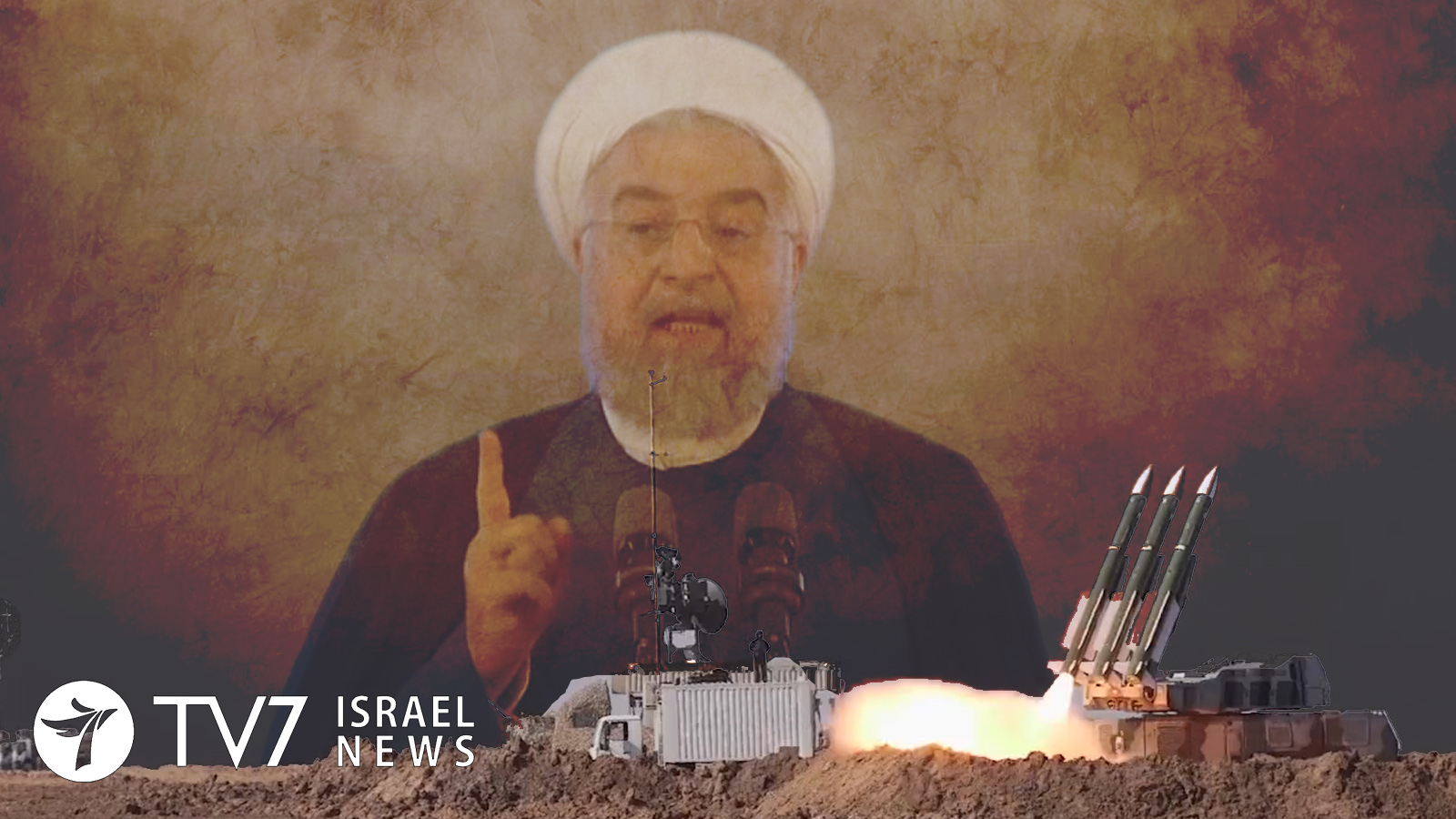The Israel Defense Forces concluded an extensive summary that included “a review of the military’ Northern Command’s preparations for operations,” specifically during the month of August, when tensions rose to the point of looming hostilities between Israel and Lebanon’s Iranian-proxy Hezbollah. According to a statement by the IDF Spokesperson’s unit, Chief of Staff Lieutenant General Aviv Kochavi found that the IDF’s “combat preparations had achieved their objectives,” and that all of the identified errors have since been addressed.
In tandem the state of alert has been raised in several Israeli diplomatic missions around the world in fear of Iranian-sponsored terror attacks. Beyond the apparent mounting of tensions with the Islamic Republic, a number of intelligence warnings about possible attacks against Israeli embassies and consulates prompted the decision to raise the state of alert.
Meanwhile, a week after IDF Chief of Staff Aviv Kochavi warned that the situation in the northern and southern sectors of Israel was tense and fragile and is liable to devolve into a military conflagration; Israeli Prime Minister Benjamin Netanyahu warned last night that the Islamic Republic of Iran has begun deploying precision-guided missiles to Yemen for the purpose of attacking Israel. Speaking along-side visiting U.S. Secretary of the Treasury Steven Mnuchin at the Prime Minister’s Bureau in Jerusalem, Netanyahu reiterated his warnings about Tehran’s efforts to deploy precision-guided weaponry across the Middle East. He said that “Iran is seeking to develop now precision guided missiles that can hit any target in the Middle East with a circumference of 5 to 10 meters. They are developing this in Iran, they want to place them in Iraq and in Syria and to convert Lebanon’s arsenal of 130 thousand statistical rockets to precision guided ammunitions. They seek also to develop that and have already begun that in Yemen with the goal of reaching Israel from there too.”
Netanyahu also re-emphasized Jerusalem’s position, according to which it views Iran as the single greatest threat to regional peace and stability. “We view Iran as the greatest threat to peace, stability and our security and the security of many others. They fired into Saudi Arabia; they have interfered with the international shipping lanes. They have attacked Americans and they have killed Americans throughout the last 10 years in Afghanistan and elsewhere. Iran is the single greatest threat to stability and peace in the Middle East,” said the Israeli leader.
Taking the Islamic Republic’s malign aspirations and activities into consideration, Prime Minister Netanyahu urged Secretary Mnuchin to apply even more pressure on the Ayatollah regime. Netanyahu argued that “Iran’s capacity, we see this very clearly, to launch its aggression, to develop its weapons of death, to privy its menacing ways, that capacity is diminished to the extent that you can tighten your sanctions and make the availability of cash more difficult for them. We see this in every part of the Middle East. So, I want to thank you for what you’ve been doing, and encourage you (Secretary) Steve to do more, more, a lot more.”
Responding to the Israeli Prime Minister’s plight, the top American treasurer praised Washington’s partnership with Jerusalem, comparing it to no other. With regard to the U.S. maximum pressure campaign against the Ayatollah regime, the Trump Administration will persist by ramping up its efforts to ‘force the Mullah’s in Tehran back in line.’ According to Mnuchin, “Nobody is a better partner to the United States than Israel and you Mr. Prime Minister, I want to personally thank you on behalf of the President for everything that you are do with us.”
